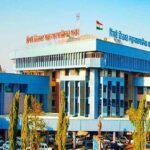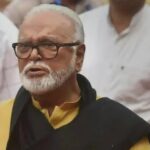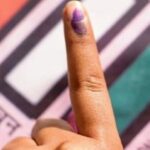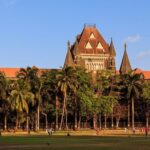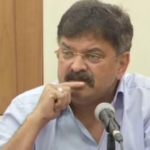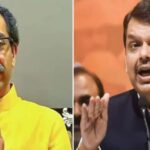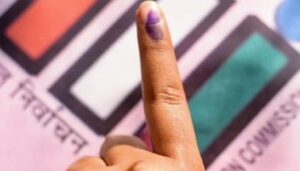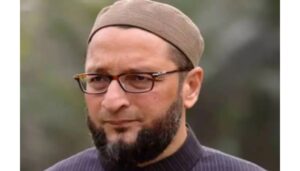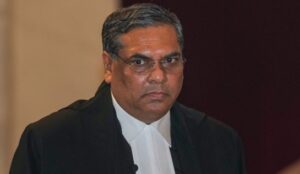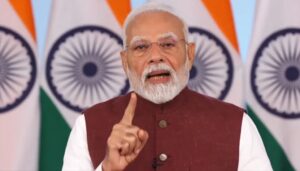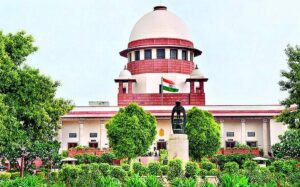
Delhi High Court Rejects Arvind Kejriwal’s Petition Against CBI Arrest in Liquor Policy Case
New Delhi, 5th August 2024: On Monday, the Delhi High Court rejected Chief Minister Arvind Kejriwal’s petition challenging his arrest by the Central Bureau of Investigation (CBI) in connection with the liquor policy corruption case.
Justice Neena Bansal Krishna dismissed Kejriwal’s bail application but allowed him the option to seek relief from the trial court.
The court stated that the arrest was not without merit or illegal.
Senior Advocates Abhishek Manu Singhvi, N Hariharan, and Ramesh Gupta represented Kejriwal, while CBI Special Public Prosecutor DP Singh argued on behalf of the agency.
Singhvi argued that Kejriwal’s arrest appeared to be a strategic move following the Supreme Court’s interim bail in a separate Enforcement Directorate (ED) case. He suggested that since the policy was signed by both Kejriwal and former Lieutenant Governor Anil Baijal, other officials involved should also be held accountable. Singhvi accused the authorities of attempting to implicate Kejriwal based on assumptions and speculations.
Singhvi highlighted that despite the Supreme Court’s interim bail in the money laundering case, Kejriwal faced renewed legal challenges due to the “insurance arrest.” He claimed this was a manoeuvre by those intent on keeping him imprisoned.
In contrast, the CBI SPP argued that Kejriwal was central to the alleged scam and that there was substantial evidence of his involvement. The trial court had already ruled that the arrest was lawful, and the CBI had moved beyond challenging the legality of the arrest.
The CBI SPP further contended that the filing of the chargesheet against Kejriwal did not automatically entitle him to bail, citing previous instances where bail was denied to co-accused individuals even after chargesheets were filed.
The CBI also disputed the claim of an “insurance arrest,” noting that there were no findings of misconduct by the CBI. They argued that prior notice to Kejriwal before interrogation was not required under the Delhi Prison Rules.
Kejriwal had sought bail directly from the High Court instead of the trial court. He remains in judicial custody regarding the corruption and money laundering allegations.
Recently, the Supreme Court granted interim bail to Kejriwal in the money laundering case but referred his petition against the ED’s arrest to a larger bench.
Following the High Court’s stay of his bail in the PMLA case, the CBI interrogated Kejriwal at Tihar jail and later formally arrested him.
Kejriwal was initially arrested by the ED on March 21 and granted interim bail by the Supreme Court in May, which was valid until June 1. He surrendered on June 2.


